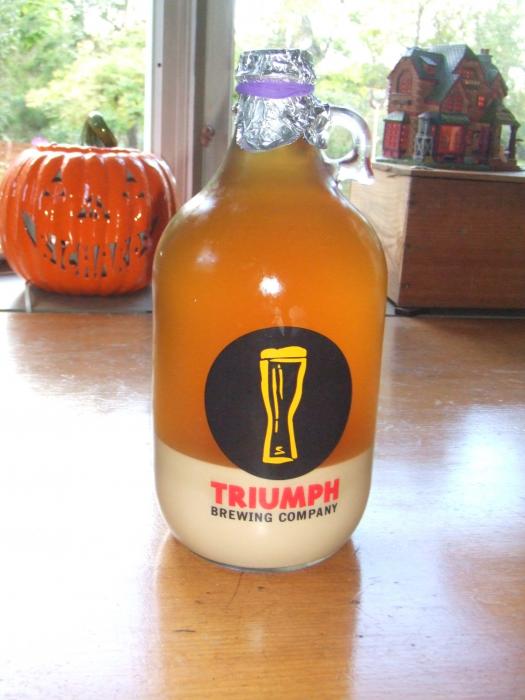Nowhere in the text do the authors state that yeast should be rinsed with boiled water before repitching.
That's true, but I think you are splitting hairs just a bit and it's a hair I've already split when I mentioned that they did recommend rinsing with "sterile" water before repitching. Yes, spores can survive boiling, but I guess they can probably survive fermentation as well and if you leave your pot uncovered at all while chilling, some may be slipping in. Also, if you are using the same water for brewing that you use for rinsing, it is likely to have the same initial concentration of spores in it before exposure to air. Thus, I would think that the concentration of spores in the rinsed sample is likely to be a bit less than the concentration in the sample harvested as you recommend, considering that the boiled water started out the same as the brewing water and had less exposure to air.
While boiled wort is not sterile, it has 5.2 pH, which helps to keep wild microflora at bay until the culture can lower the pH even further. Boiled tap water usually has pH 7.0 or higher. Replacing the green beer with boiled water raises the pH of the culture.
And, as you have pointed out, alcohol is far more hostile to most of our common contaminants than to yeast. Those are some issues certainly worthy of consideration. When pondering them it occurred to me that simple (as opposed to thorough) rinsing, as is described on some pages referenced in this thread, probably gives us a sample for storage which is about half beer, so the pH might still be pretty decent and there would be enough alcohol to do some good too. So, since I had an old sample in the frig resulting from a simple rinse, I decided to do some tests. The liquid sitting above the yeast read as follows:
5.1 pH
2.3% ABV (The beer was 4.6%)

That still sounds somewhat protective and the added water thinned out the cake, allowing me to more readily separate yeast from trub. Finished beer has somewhat lower pH and higher alcohol, but rinsing also lowers the concentration of potential food for wild organisms and then the sample goes straight to the frig. Those electing for a thorough rinse would leave wild bugs nothing to eat, while losing the buffering capacity of the beer. However, they could easily adjust pH as is done to a greater degree in actual washing.
I'm convinced your recommendation has merits and advantages, but I'm not convinced that rinsing with boiled water is a bad thing and it has its own advantages. I think that the data from some experiments should be brought to light before concluding emphatically that one method is better than the other.
By the way, if you want to read a real brewing yeast textbook, pick up a copy of Brewing Yeast and Fermentation by Christopher Boulton and David Quain.
That looks very nice and I put it on my Amazon wish list. For now, the $80 price tag causes me to hesitate, but I thank you for the recommendation.








































![Craft A Brew - Safale S-04 Dry Yeast - Fermentis - English Ale Dry Yeast - For English and American Ales and Hard Apple Ciders - Ingredients for Home Brewing - Beer Making Supplies - [1 Pack]](https://m.media-amazon.com/images/I/41fVGNh6JfL._SL500_.jpg)







